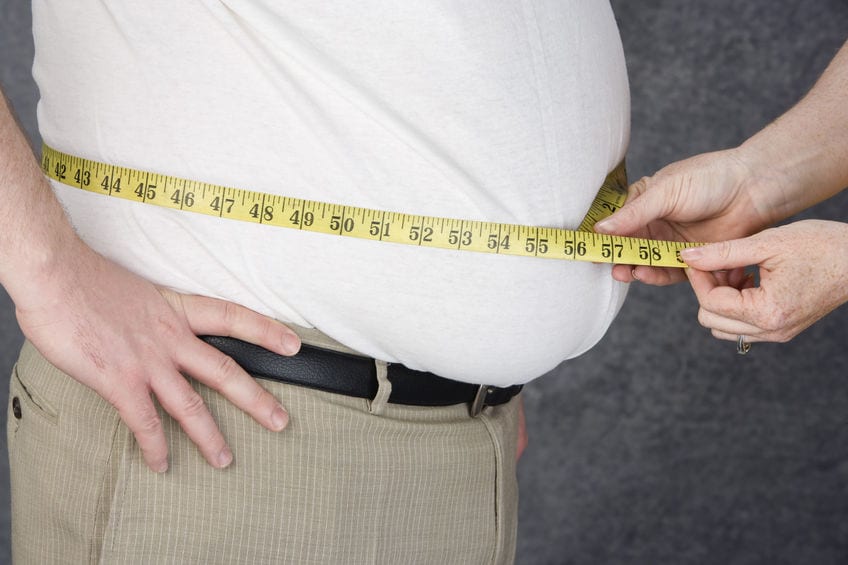 Scientific research and professional nutritionists have found over the past 10 years or so through trials conducted that many individuals, regardless of bone density and build, are often prone to fat-storing as opposed to burning, no matter how in-shape or “fit” they are. This condition is also known as metabolic syndrome, or insulin resistance. Essentially, for those who do not have adequate diets, poor nutrition, or an unbalanced eating to work-out schedule, frequently suffering from this disorder becomes all too common and in turn makes weight loss seem impossible.
Scientific research and professional nutritionists have found over the past 10 years or so through trials conducted that many individuals, regardless of bone density and build, are often prone to fat-storing as opposed to burning, no matter how in-shape or “fit” they are. This condition is also known as metabolic syndrome, or insulin resistance. Essentially, for those who do not have adequate diets, poor nutrition, or an unbalanced eating to work-out schedule, frequently suffering from this disorder becomes all too common and in turn makes weight loss seem impossible.
According to professional nutritionists and scientists, over 34% of Americans have this disorder. There are many ways to throw off your insulin acquisition and utilization systems, from poor dieting, to overeating—to just generally eating too many (including natural) foods that are major sources of sugar (glucose). The process of insulin resistance is not complex, although it’s commonly misunderstood among Americans and fitness-addicts like—especially when making a first go at weight loss. While many assume that the role or process of insulin resistance is just a slow metabolism, or inadequacy to properly burn fats and carbohydrates, there’s actually a direct focus regarding glucose, in turn insulin, and the receptors for glucose to be processed in turn delayed, clogged, or shut-down.
Believe it or not, turning to fruits—especially a substantial daily amount—out of nowhere, or as a new (crash) “diet” is certainly not the answer, and quite often winds up being counterintuitive to restoring your metabolisms performance, weight loss, and even gaining muscle.
Ultimately, between starving yourself and over-eating “dirty” carbohydrates, fats, (salts) or unnatural (and natural) sugars are what most often lead to insulin resistance. Weight loss does not have to be impossible, but before taking that step its first necessary to understand how your body processes foods, specifically sugars (glucose), how much, how, and why.
Contrary to popular belief, people think for some reason that starving themselves and their bodies is the solution to picking up the speed of their metabolism, losing weight, or curbing the appetite. While this may be true as a temporary solution, it’s quite the opposite effect and approach in nearly every other instance with regards to medium and long-term results. In fact, starving your body (just like overeating) can confuse the body, and make it do unusual things like store fats, sugars, or food in general due to it entering “survival mode”. Well, a similar problem arises to for those that overeat. Your body can only process, metabolize, and utilize so many vitamins and nutrients in one sitting. If you’re cramming or overeating, especially carbs, fats, and sugars, then it’s likely you’re damage, avert, or otherwise experience undesirable changes within your metabolism—and in turn your body and weight.
Did you know your body can handle a 30 to 90 minute, intense-workout practically on it’s own without any pre-workout meal or supplement? That’s right, your body can literally store up to on average and rely on (burning) around 40K calories or more of fat (calories) at any given time to meet the demands of your workout or routine. Research, learn, and research a little more. Most importantly, when in doubt, consult with a professional nutritionist—and even consider the value of seeing a personal fitness instructor and coach!
Image credit: Moodboard
